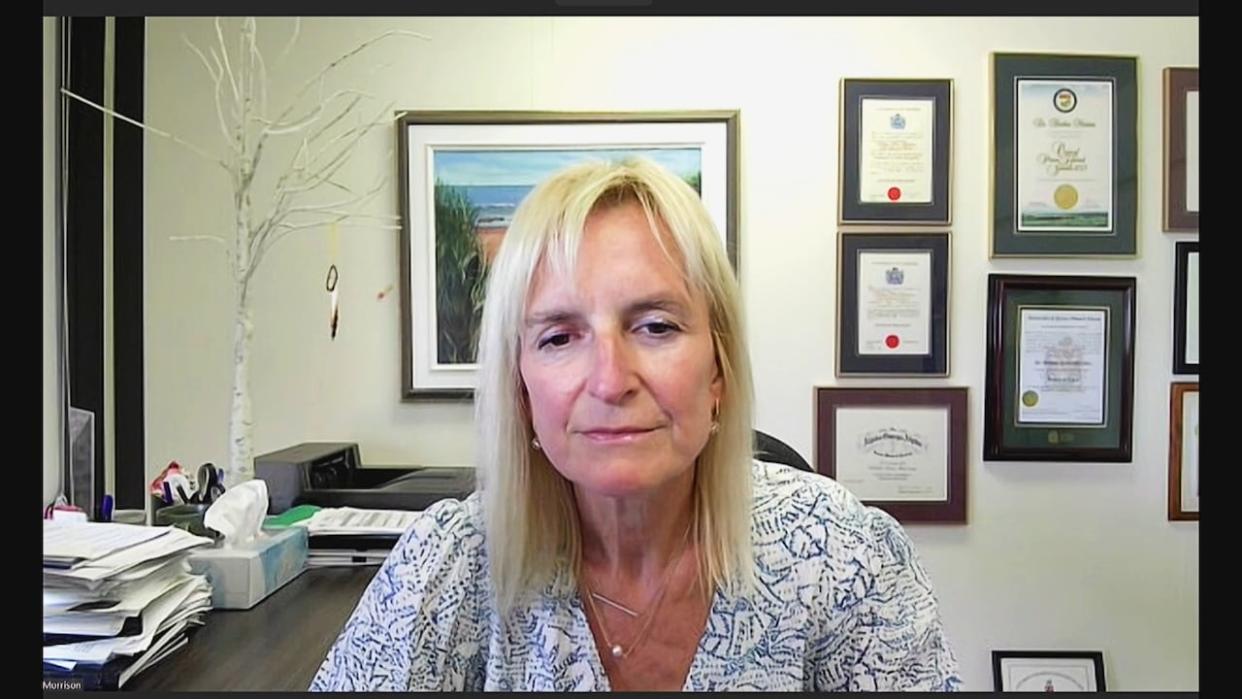P.E.I. health officials keeping an eye on rising cases of tuberculosis

Cases of tuberculosis are rising on P.E.I. just as they are elsewhere in the country, according to health officials.
There were five active cases on P.E.I. last year, and about 100 inactive cases. That compares to the previous five years, when there were up to four active cases and 72 inactive cases.
Inactive — or latent — cases have no symptoms and aren't contagious. Symptoms of active cases include a bad cough, chest pain and fever.
TB mainly causes symptoms in the lungs and airways, but it can also affect other parts of the body.
First Nations, Inuit, immigrant and refugee communities have higher rates, statistics show. Some arrive on P.E.I. from countries where tuberculosis is more common.
Dr. Heather Morrison, P.E.I.'s chief public health officer, said the increase in TB is likely a trend.
"I do think we will continue to see more and it would not surprise me to see even more inactive tuberculosis cases diagnosed in P.E.I. in the next year," Morrison said.

Marilyn Barrett, director of the Student Health and Wellness Centre at UPEI, says students must have a negative tuberculosis test if they're in health programs where they deal with vulnerable populations. (Laura Meader/CBC)
The Student Health and Wellness Centre at UPEI has regularly tested students for TB since 2019. More than 170 students were tested last year.
Marilyn Barrett, the centre's director, said students must have a negative test if they're in health programs where they deal with vulnerable populations. She said the centre hasn't seen anything unexpected.
"We have had a couple of positive cases, that still doesn't mean that they have tuberculosis but what happens is we refer them to the chief public health office," Barrett said.
Morrison said rising cases are a concern — tuberculous is the underlying cause of death in about five per cent of active cases — but there are good ways to diagnose and treat people, and it's not as dangerous as it used to be decades ago.
"We have had cases where an active case of tuberculosis has infected others so then they have latent tuberculosis infection and when that happens we offer those close contacts who now have inactive or latent tuberculosis infection, treatment," Morrison said.

